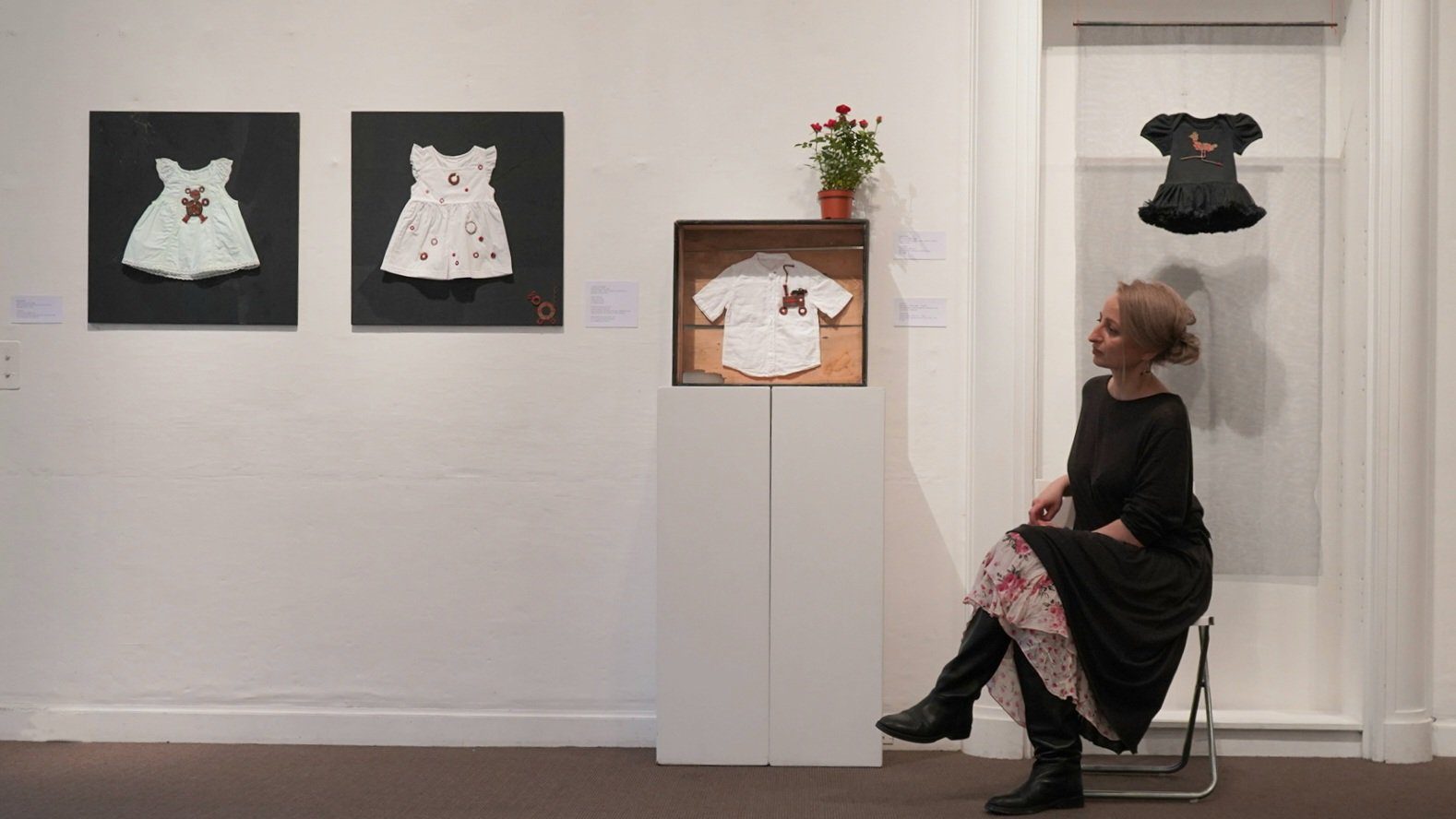This post is also available in: Bosnian
Serge Brammertz told BIRN in an interview that the Bosnian prosecution had to keep to an end-of-year deadline to indict or stop investigations in relation to war crime cases transferred from The Hague.
In May, he said he received a guarantee from his Bosnian counterpart, Goran Salihovic, that a decision would be made by the end of this year.
If this deadline is not met, his new report to the UN Security Council would be “again very very critical”, he warned.
“Over the last two years, my reports to the UN Security Council were very critical because I got a lot of promises but always unfortunately not much progress was seen,” he said.
“It is difficult to say how many cases are still open. At the start, cases concerning 40 persons were transferred, some of them including several accused, some concerning one accused,” he recalled.
“In some, there has been partial progress, while in some there was no progress, so it is difficult to give figures, but at the end of the year I will have all the data,” Brammertz said.
The cases transferred to Bosnia from The Hague relate to mid-level crimes initially pursued by the International Criminal Tribunal for the former Yugoslavia, ICTY.
Commenting on the Bosnian prosecution’s statement this week, that they had charged more than 500 individuals for war crimes, Brammertz said that the “numbers weren’t everything.
“Figures are only one part of the equation, and it do not say anything about the quality, seriousness, gravity and criteria used in the selection of those cases,” he said.
“One of the criticisms by me and others was that in many cases, complex investigations were split into several smaller cases, and that in some cases there is an impression that the simpler cases rather than the complex ones are being prosecuted,” Brammertz said.
Bosnia’s state strategy on war crimes prosecutions, adopted in 2008, stated that the most complex cases should be completed by the start of 2016 and the rest over another eight years.
That deadline will clearly not be met, said Brammertz, which is why “complex cases should be made the priority.
“There are different problems in the transfer of cases… I have heard from entity prosecutors that some cases transferred to them were only partial cases and minor ones… also, there are many important and big cases that are in the media every time an anniversary comes round, so those cases need to receive the highest priority because they provoke tension and cast a negative light on the prosecution,” Brammertz said.
Bosnia’s judiciary, the Hague prosecutor said, faces problems of resources but also the appearance of insufficient dedication to prosecute war crimes cases in accordance with the national war crimes strategy.
“I have to say with all due respect to my colleagues prosecutors that I was not always convinced all of them had the commitment to move war crime cases forward,” he said.
Speaking about the proposed referendum in the Bosnian Serb entity, Republika Srpska, on the legality of the state court and state prosecution, Bramertz said he knew about the criticism of these institutions but added that abolishing them would “have a negative impact on war crimes prosecutions”.
Brammertz said was good that the legal expert Joanna Corner, who worked at The Hague, would be conducting an analysis into the work of the Bosnian state prosecution on all war crime cases in the name of the OSCE.
“There were a number of calls to look into criticisms, such as splitting up indictments, good or bad quality indictments, prosecutors and judges having different opinions, so it is good for an external expert to look into this,” he said.
“It’s an excellent idea. The entire exercise is much more about fact-finding – what the current situation is, what went well, what could be better – not to blame and shame but to look at deficiencies and make recommendations,” Brammertz added.
Looking at the prosecution of war crime cases in the region, Brammertz said that as in Bosnia, prosecution in Croatia and Serbia had shown “little appetite” to go after mid-level war criminals.
He called on the Serbian authorities, when naming a successor to outgoing chief war crimes prosecutor Vladimir Vukcevic, to “appoint someone who has the gravitas and knowledge and experience to continue pushing forward war crimes cases”.


